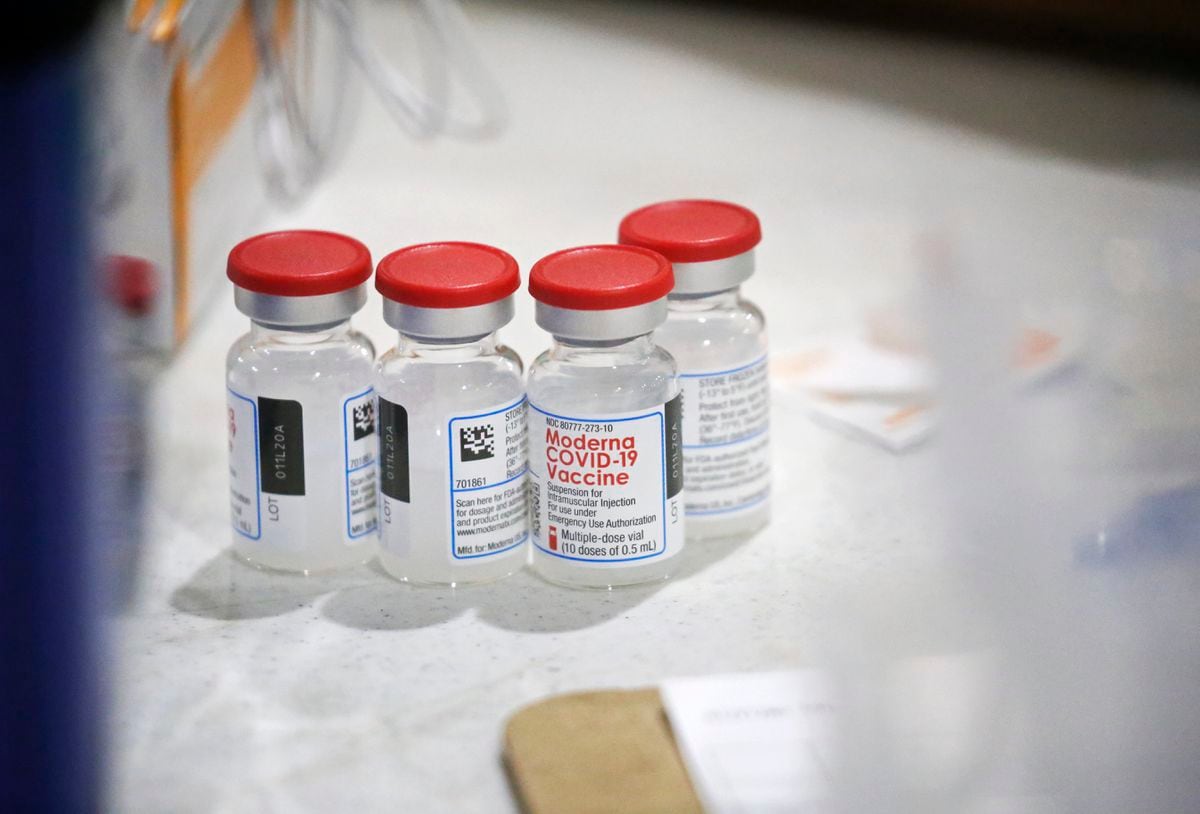The harsh winter, causing major disruptions in the Lower 48 bands this week, also delayed shipments of the COVID-19 vaccine to Alaska, causing some consultations to be canceled, state officials said on Thursday.
At least 21 vaccine shipments to Alaska were delayed this week “due to bad weather,” said Matt Bobo, the state’s immunization manager. Officials later clarified that the delay affected about 3,000 doses of the vaccine, although it was not immediately clear to which communities those doses were directed.
State health officials said the delay was significant enough that some Alaskan residents received calls from providers saying their vaccination appointments for this week needed to be rescheduled for the next week after more vaccine arrives.
The winter storms that plagued the Lower 48 left millions of people without power, put drinking water systems at risk and were blamed for the deaths of more than 40 people. States across the country – such as Texas, Alabama, Missouri and Hawaii – also suffered disruptions in the distribution of vaccines this week as bad weather contributed to deteriorating road conditions, complicated deliveries and cancellations of vaccine clinics.
Kelsey Pistonick, public health consultant for the Alaskan immunization program, said at a news conference on Thursday that the impact could have been much worse if the delay had occurred earlier this month, when most of the vaccine arrives. Alaska.
Alaska is different from other states because its vaccine is allocated monthly instead of weekly, which means that the state can order more vaccines at once. Alaska received 59,600 first doses of the vaccine for the month of February.
“Obviously, it’s very unfortunate that people are having to reschedule because we delayed shipments, but this is a really great week for that to happen in Alaska, because it’s a slow shipment week for us,” she said.
Bobo said that suppliers were notified of shipment delays and that his team was working with them to ensure that all canceled appointments could be rescheduled.
“We have been in communication with the White House, the federal government and the CDC to make sure that we are going to overcome the accumulation,” he said.
